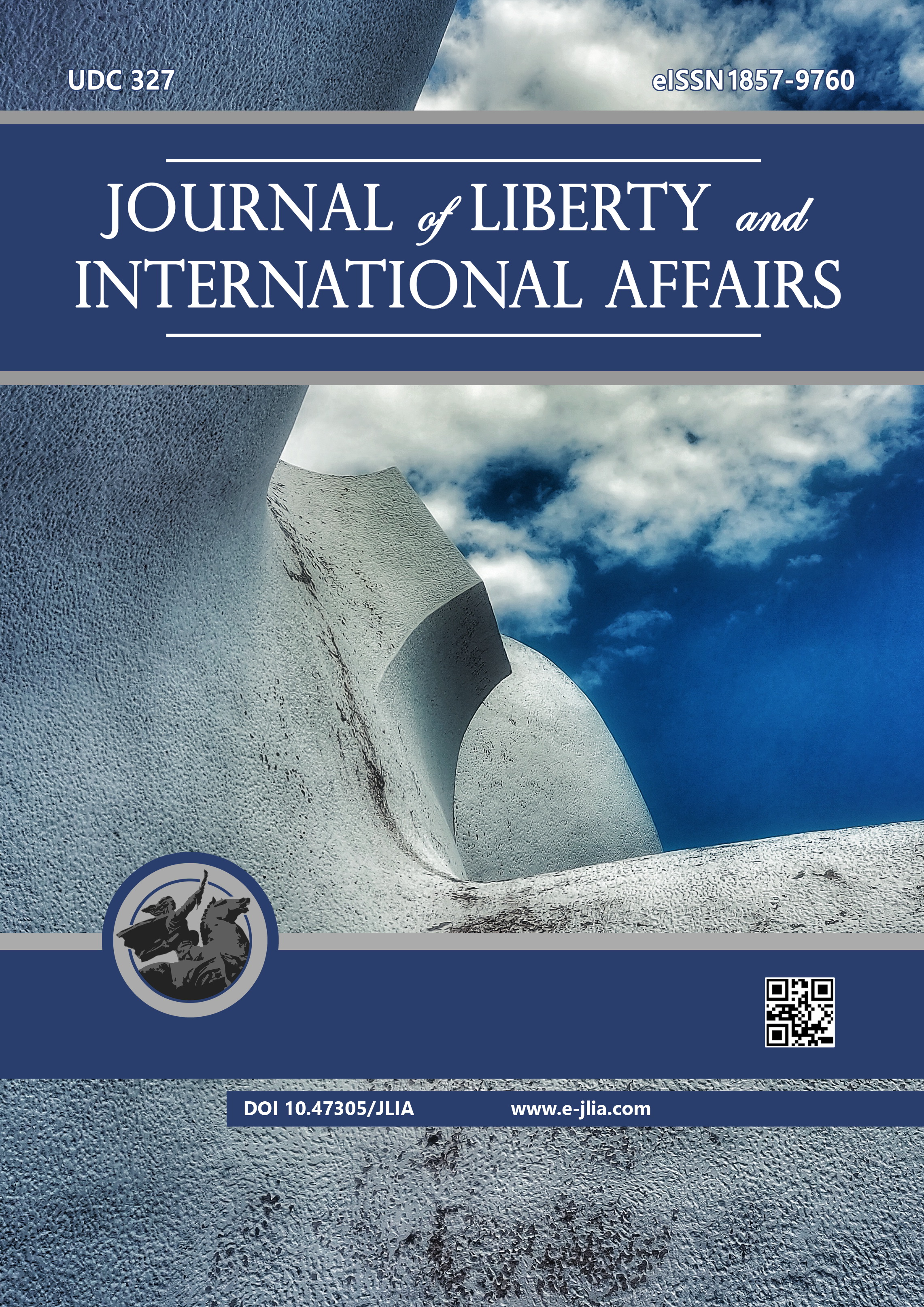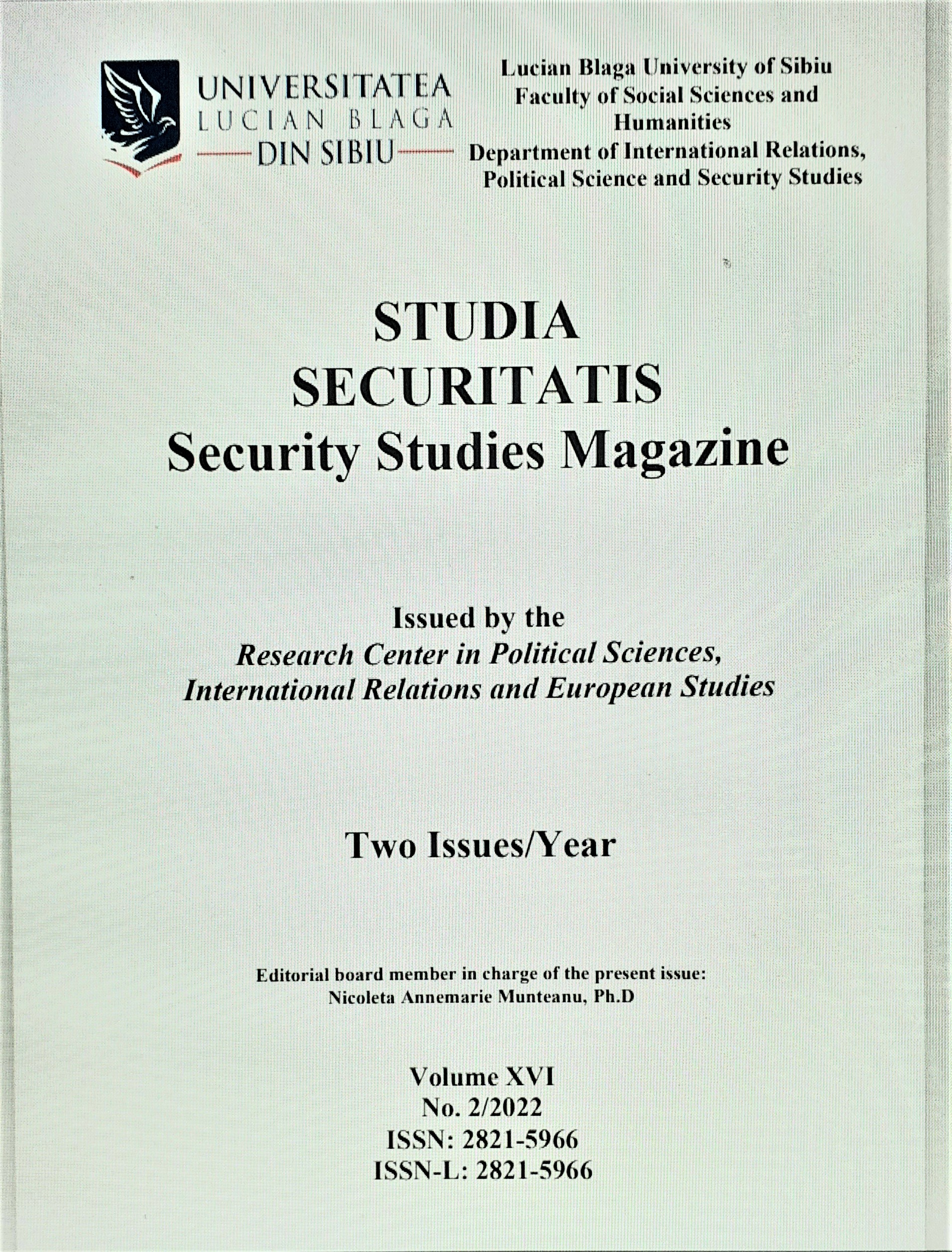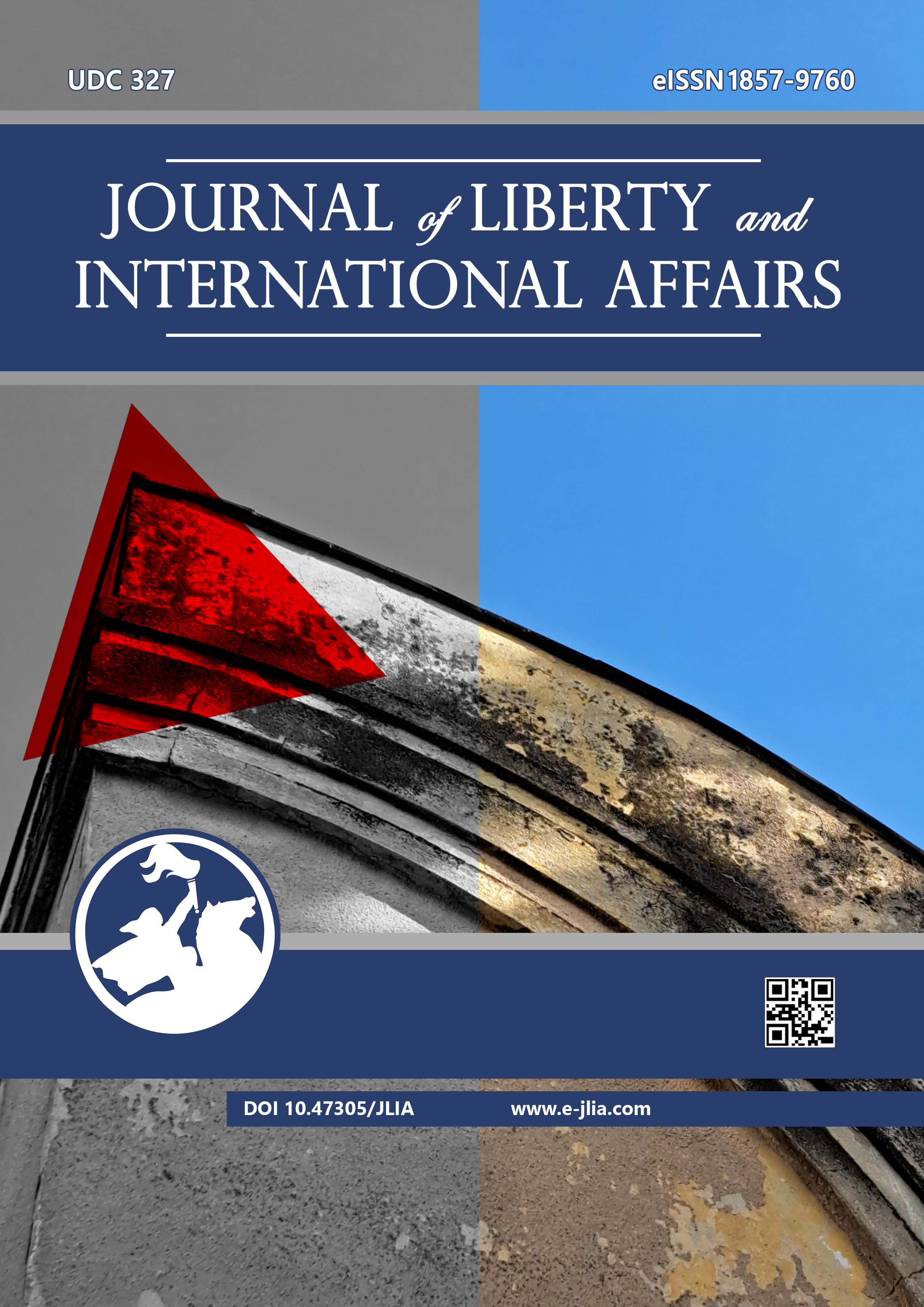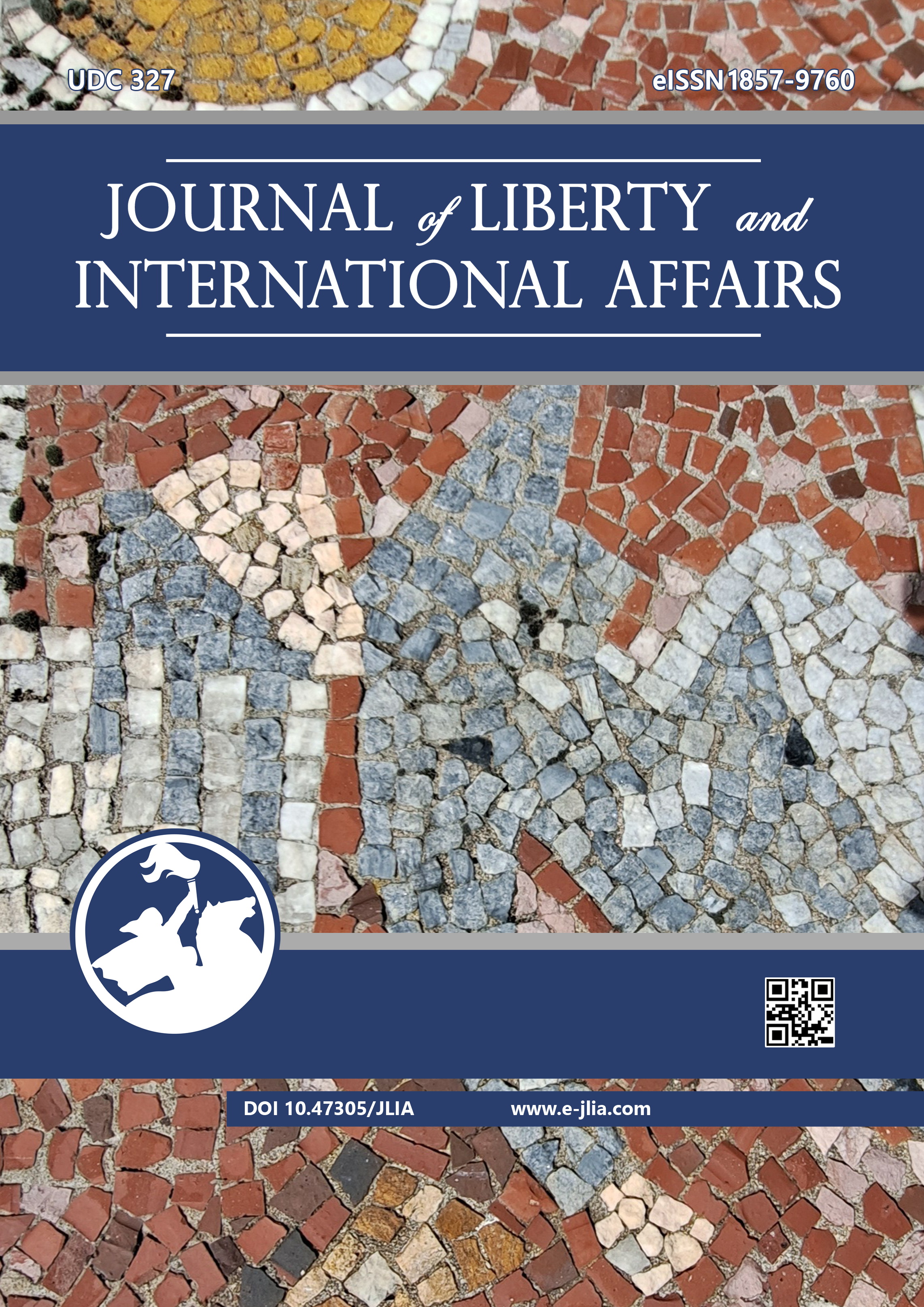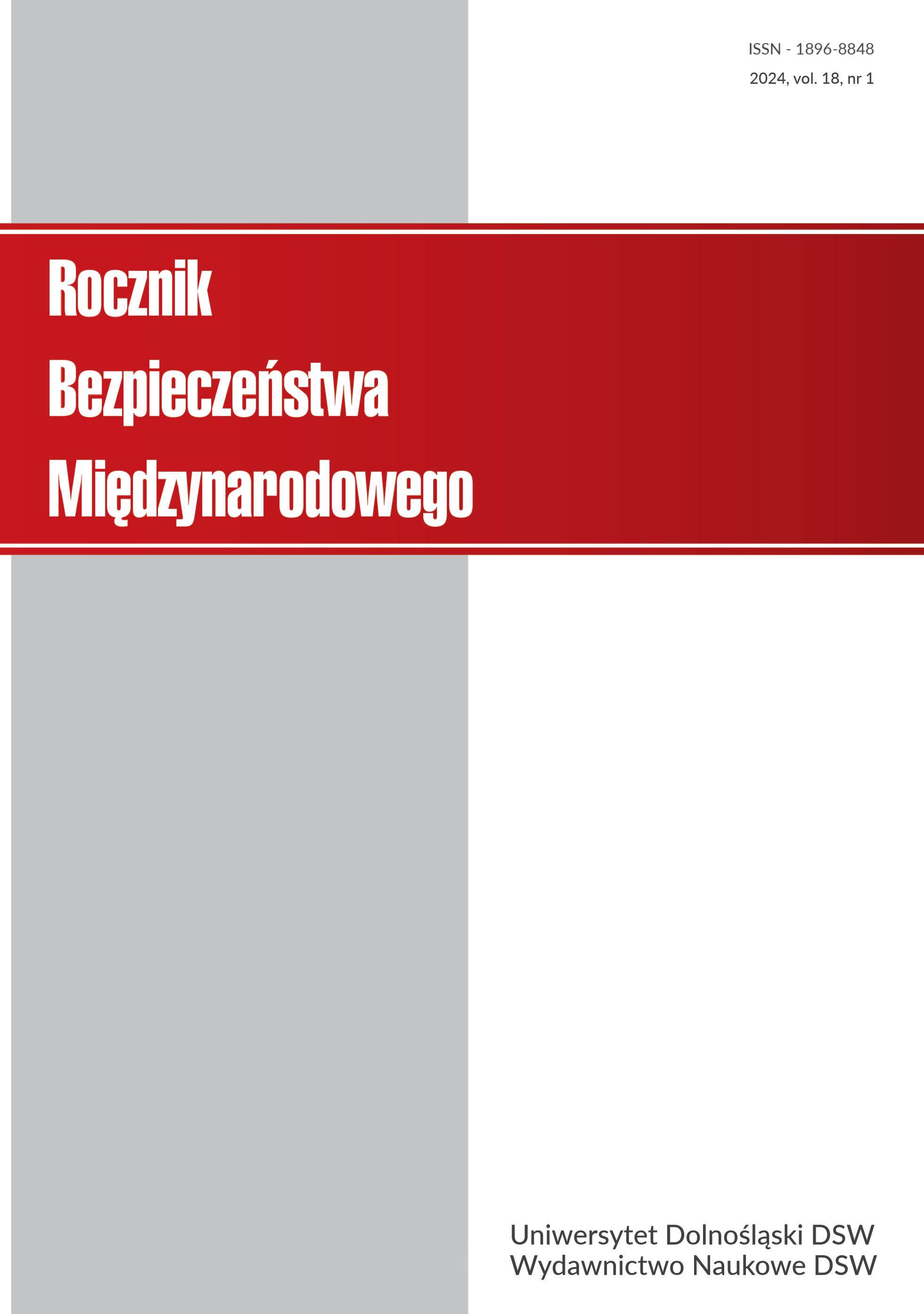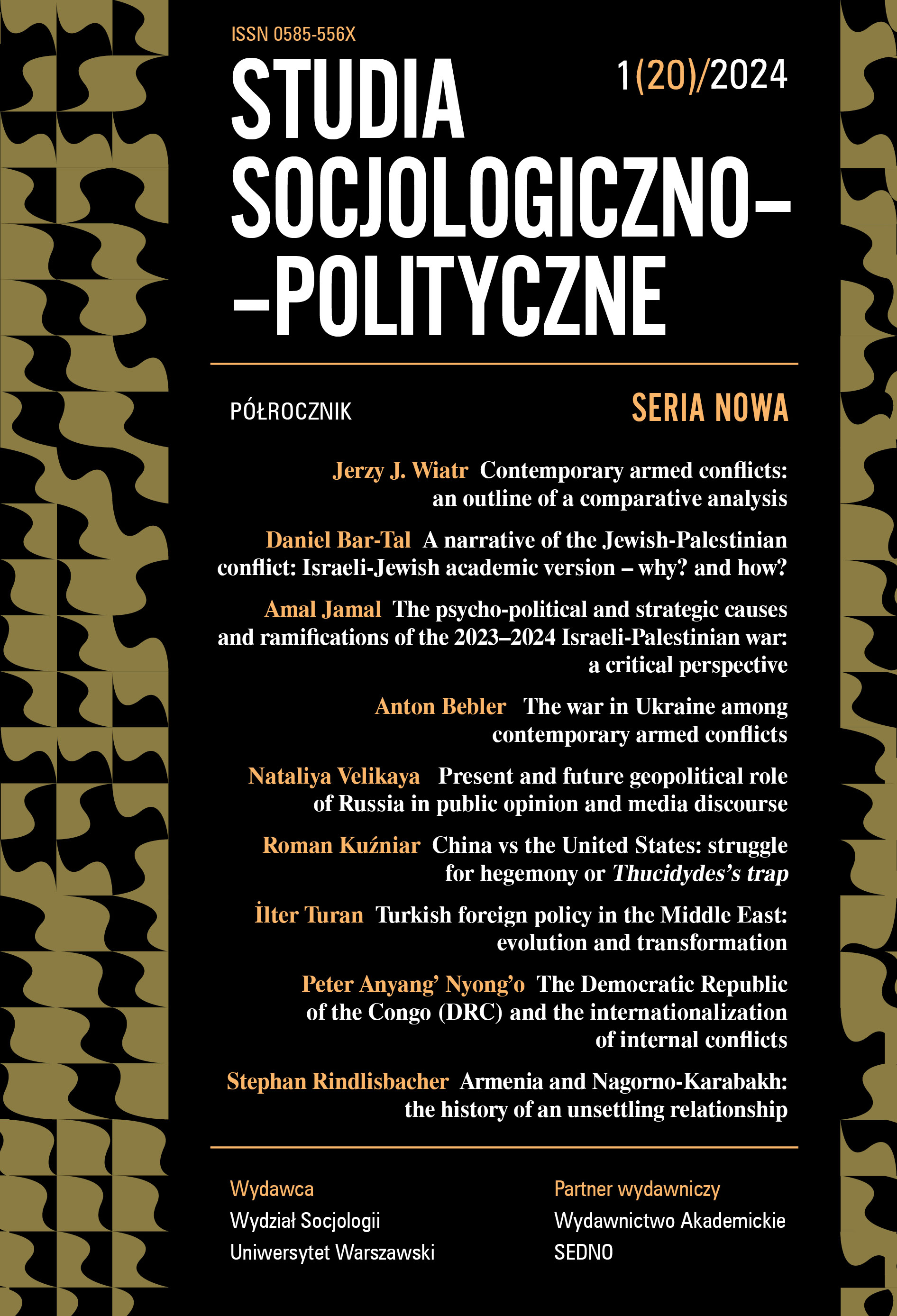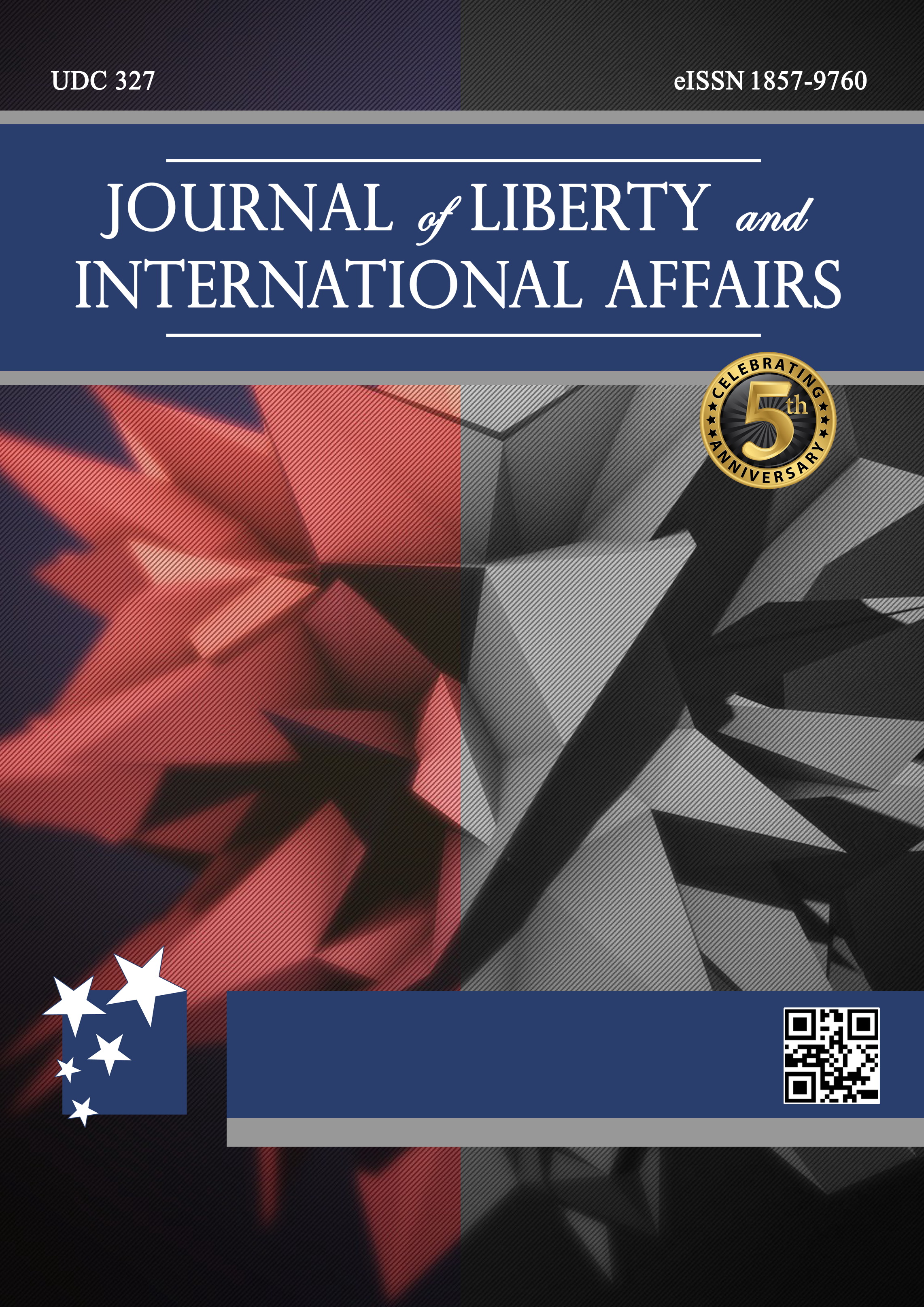
MYANMAR’S FOREIGN STRATEGY TOWARD CHINA SINCE ROHINGYA CRISIS: CHANGES, OUTLOOK AND IMPLICATIONS
Myanmar has crafted a neutral foreign policy since its colonial years to avoid leaning too much on any foreign power, but a spiraling political crisis at home is pushing it toward China as a buffer against international outrage. Myanmar faces charges of genocide against the Rohingya. China has backed Myanmar in the UN. In fact, China is in a similar situation. China is grappling with international criticism over perceived repression of ethnic Uighur people. Myanmar is exposed to various words and loud in the international community. So Myanmar wants to improve relations with China and is turning into an active cooperative attitude as a strategy to secure a friendly army. This paper shows how the diplomatic relations between Myanmar and China are changing, and how Myanmar’s foreign strategy toward China is approaching. Also this article analyzes the outlook of diplomatic relations and the implications of the current situation.
More...
